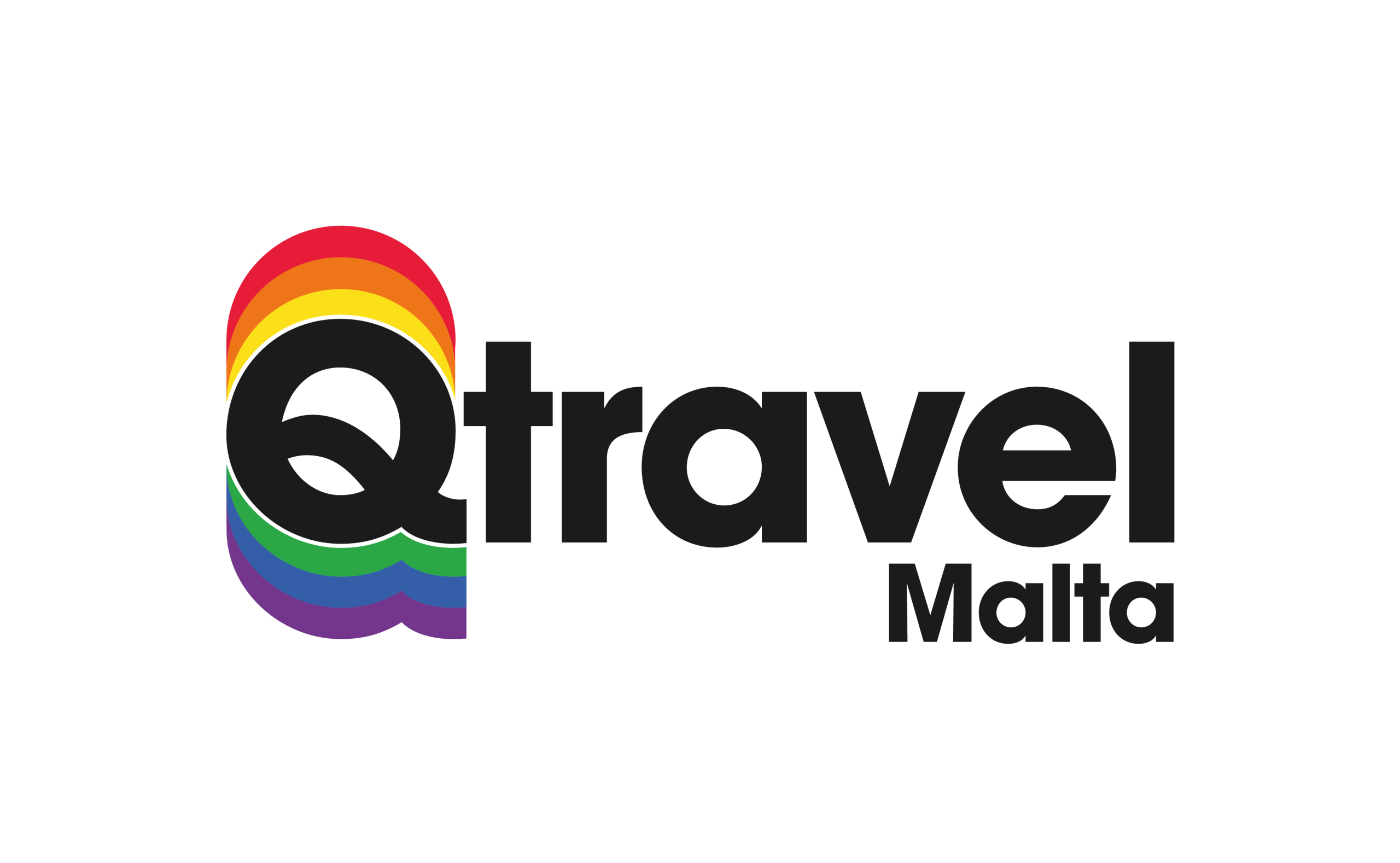We know what and how we talk has an impact on our interactions. We want to ensure that those interactions leave a positive feeling in the people around us. We encourage everyone to do so. Let’s see why inclusive language and pronouns are important and how you can use them.
A tour we think you'll love
What Are Pronouns?
Pronouns are used to indicate a person’s identity. For instance, from the appearance of he (male) or she (female), we assume it is he/she, but they can feel differently about it and may prefer they/them. It’s important to always ask for the correct pronoun for a person so that it feels more personable.
Why Are We Asking You in Our Contact Form for Your Pronoun?
Pronouns are an important part of who we are, and by sharing them, you can avoid discriminating based on external factors. By sharing your own pronouns and encouraging others to do the same, you’re demonstrating that you understand the importance of pronouns. When someone’s using someone’s correct pronoun, they’re affirming that person’s identity, which is exactly what we do at Q Travel Malta.
There are a number of different pronouns you can use to refer to people. Some of the most common ones include she/her/hers, he/him/his, and they/them/theirs. If you have questions about them, ask the person nicely if they feel comfortable giving examples.
How Can You Be Inclusive Using Correct Pronouns?
There is an essential difference in language use and what they mean. Make sure to avoid using words like “preferred pronouns” or “preferred name” as they make it seem like the genders and names of people are a suggestion and not important. A person’s name, pronouns, and other ways they identify themselves are inherent parts of who they are.
Pronouns are used differently depending on the situation. It is also important to understand that sometimes people may not disclose what pronouns they use, so it is important to clarify when someone uses different pronouns. But if they are telling you their pronouns, try to use them correctly. Yes, we know it’s not always easy. But what does it cost for you to be nice to make someone feel good? We may not be perfect, but we try. And this makes a difference.
Are There Other Approaches to Pronouns?
Yes, some people don’t think this is something they care about. And they also have all the rights. They are just fine if you use their name or will indicate to you that they don’t have a preference. Just respect their decision.
Why Should We Be Inclusive When Communicating with the LGBTIQ+ Community?
If someone assumes your pronouns based on appearance, it explicitly reinforces harmful stereotypes about gender expression. For example, masculine-looking people always use the pronoun he/him/his. That’s not correct as not everyone is like that, and it’s essential to understand and respect each identity.
There will be times when you make a mistake with someone’s pronoun, and this is ok. It is not our nature to replace she/he with they so easily, especially in spoken words. If this happens, it is best to apologize and move on without dwelling on the mistake.
Misgendering someone can be harmful, and apologizing can put people in an awkward position. Correct yourself if you make a mistake, and move on when appropriate.
How to Be Inclusive in Your Language?
You should use “everyone” or “y’all” in a group setting instead of “guys!”, “ladies!”, “gentleman” and “galls”. We hope you get a drill.
Don’t use “wife” or “husband” if you do not know they are married and are comfortable with gender-specific pronouns. Use partner instead, or if you want to be even more sophisticated, refer to the other party as a companion.
Introduce yourself with pronouns, not just in LGBTQIA-specific situations. “You may know me as Josephine, and my pronouns are she/her/hers.” When meeting new people is this way you build an inclusive environment. The bonus is that people will be encouraged to follow suit if you do so.
Adding pronouns to your email signature and business cards will demonstrate your understanding of their importance. Some names can be gender-neutral (e.g. Chris, Alex), and some can be surnames or vice-versa (e.g. Mark, Jay). So you can avoid awkward situations. Also, if you deal with foreign cultures, sometimes the first name is not a clear indication of the other person’s gender, so using pronouns will make everyone’s life easier. A good example of this is the name, Daniele. In Italy is a male name, while in many other countries is a female form.
Be inclusive in your language and communication, as it may not be important to you, but it could make a difference for someone who doesn’t identify with their assigned gender. It doesn’t cost you to be friendly and try.







